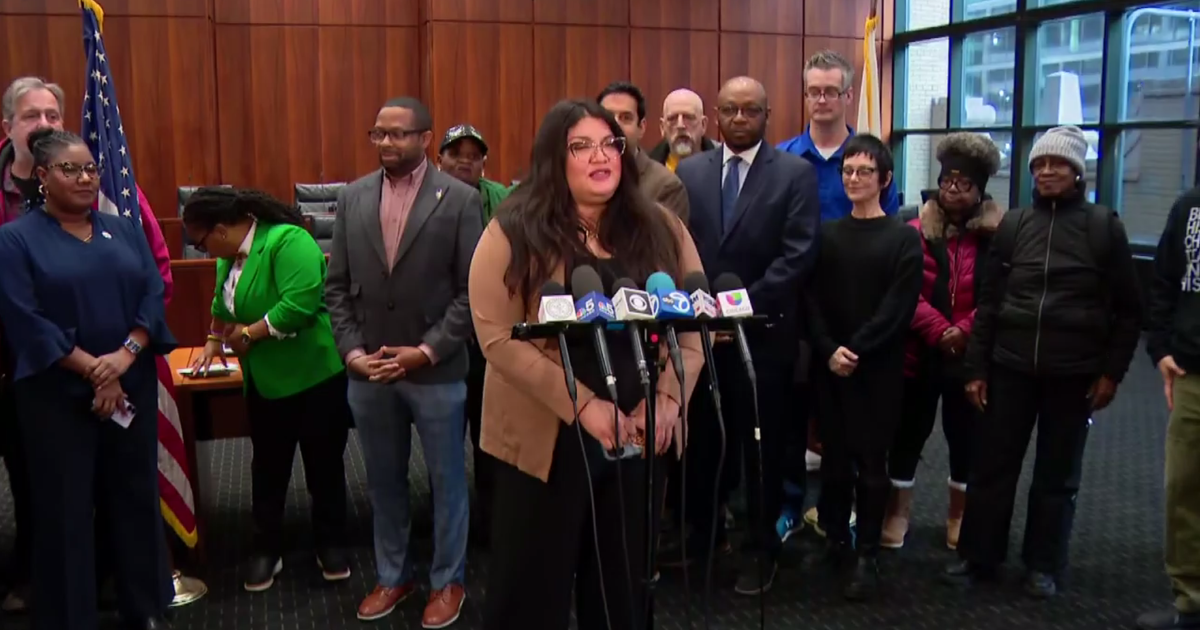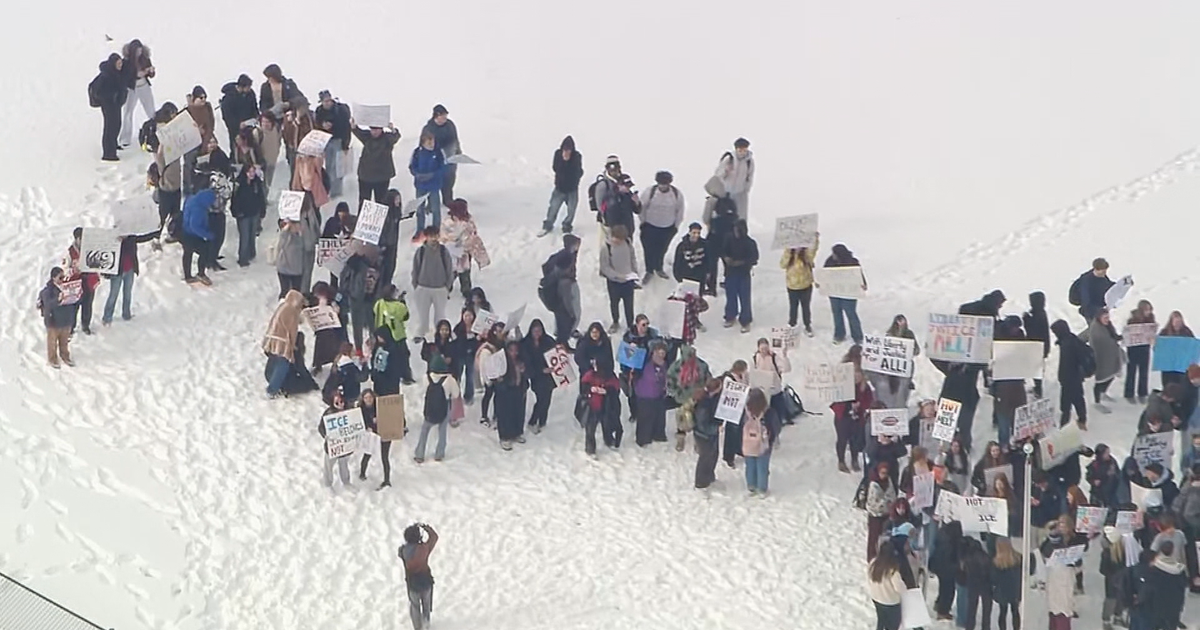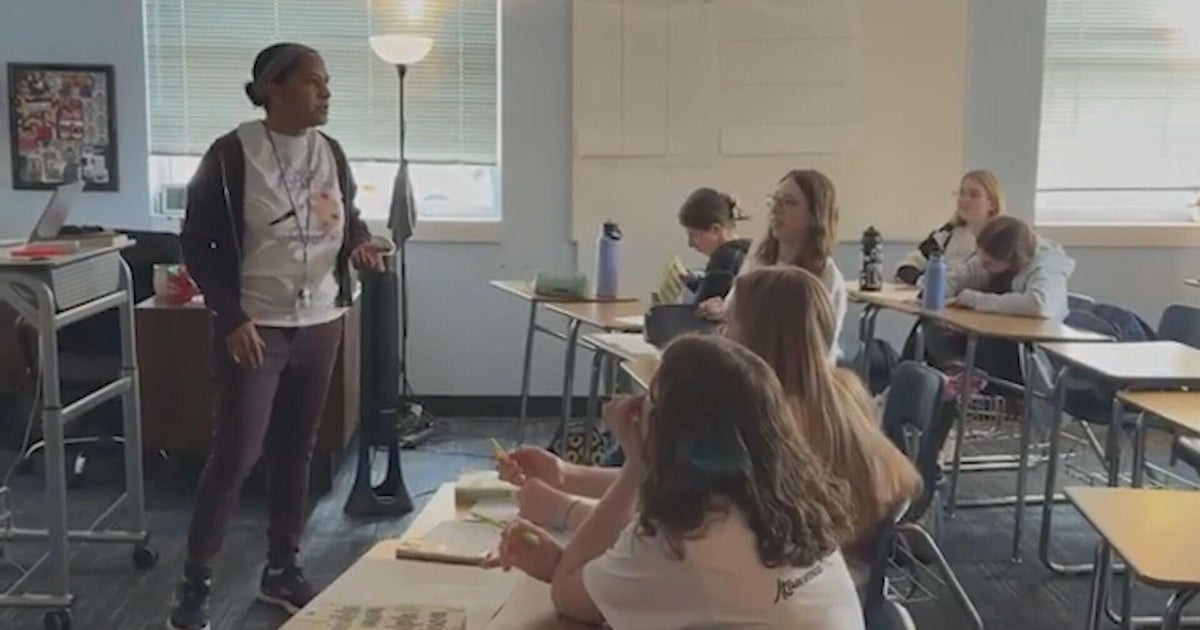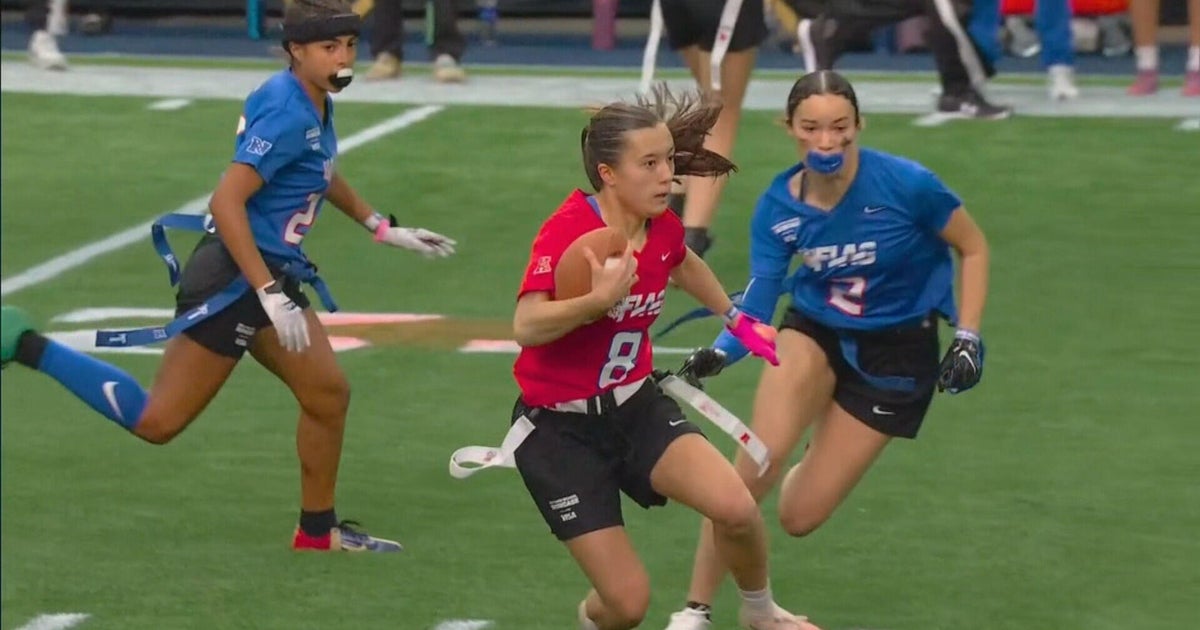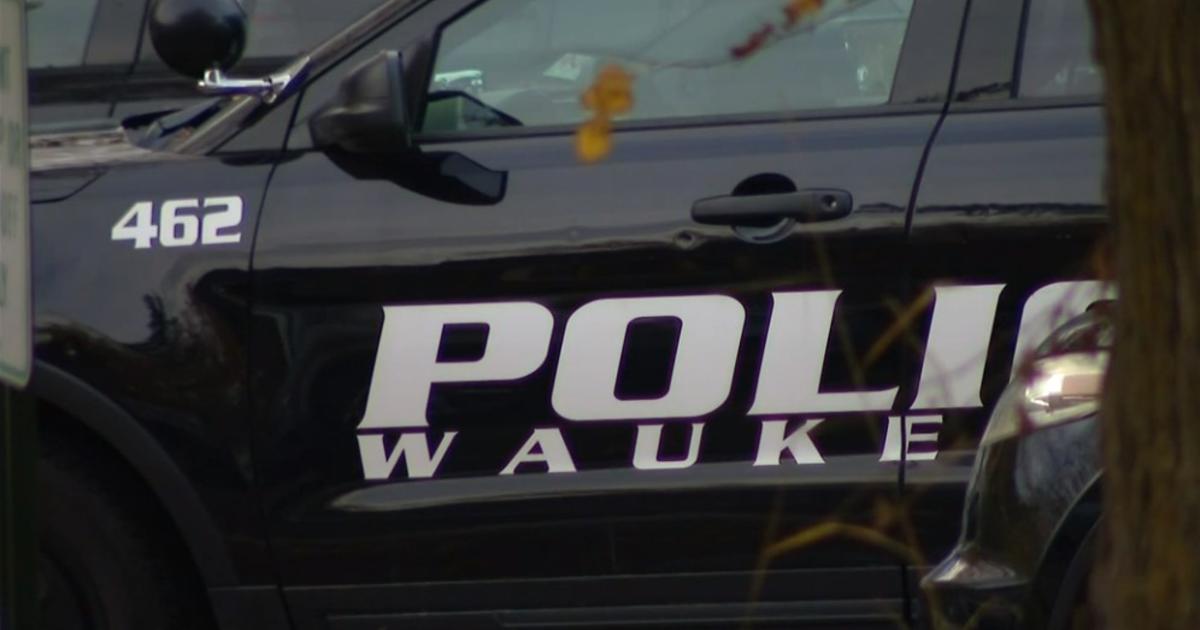Expert Says Money Doesn't Make Better Schools
AUSTIN (AP) - An expert witness in the lawsuit over funding for Texas public schools testified Wednesday that more spending does not necessarily lead to better student performance.
Eric Hanushek, an education expert at Stanford University, said he does not see a correlation between per student spending and test results. He said he believes the real problem with public schools is a lack of efficiency.
"If we simply put more resources into schools and use it the way districts have been using it ... we should not expect higher achievement from students on average," Hanushek said. "We are wasting resources to the extent that we are spending on things that don't matter."
Hanushek is testifying in the final stage of a lawsuit brought by school districts against the state claiming the Legislature is not providing enough funding. Hanushek was called by conservative activists who argue that the problem is not money, but an inefficient public education system that needs overhaul.
Lawyers for school districts seeking additional state funding attempted to discredit Hanushek, who has testified at more than 20 school finance trials across the country, by challenging his methods raising objections brought in those cases.
David Hinojosa, representing South Texas schools, read several passages from a Colorado district court ruling in which the judge wrote, "Dr. Hanushek's analysis that there is not much relationship in Colorado between spending and achievement contradicts testimony and documentary evidence from dozens of well-respected educators in the state, defies logic, and is statistically flawed."
Hanushek insisted that his analysis was accurate.
Earlier he said good teachers are the best predictor of student success and that their compensation system needs to change.
"The best teachers are quite underpaid and we ought to give them raises, but the worst teachers are quite overpaid," Hanushek said. He recommends replacing the bottom 5 percent to 8 percent of teachers.
Duke University economist Jacob Vigdor testified early in the trial that such a suggestion is impractical.
"Firing the bottom 5 percent on an annual basis means recruiting 15,000 extra teachers per year to replace them. This is on top of the roughly 40,000 teachers that you need to hire just to keep up with population growth and regular attrition," Vigdor testified. "The state would have a difficulty bumping up from 40,000 to 55,000. The difficulties of recruiting highly qualified teachers would only get worse."
But Hanushek maintained that he does not say that wholesale replacement would not be needed annually nor all at once.
Personnel are the largest cost for school districts and teachers are the biggest part of the budget. Hanushek said that if a district is not paying teachers based on their effectiveness, they are introducing inefficiencies into the system.
(© Copyright 2013 The Associated Press. All Rights Reserved. This material may not be published, broadcast, rewritten or redistributed.)
Also Check Out:

